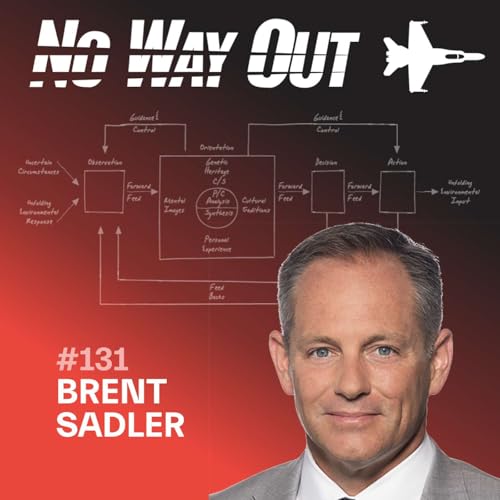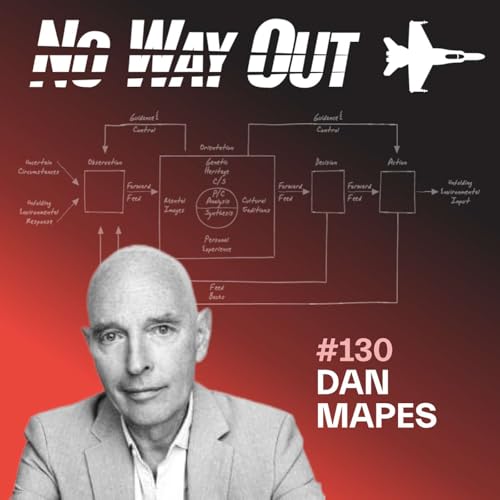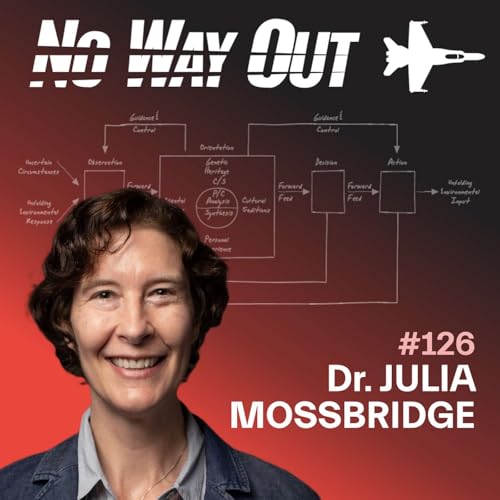Send us a text
The story starts with a hard correction: observation isn’t enough—orientation wins.
A Marine who grew up in Pakistan and rose through the Corps brings a view you do not get in a briefing book. LtCol Asad “Genghis” Khan, USMC (ret) talks straight about war, culture, and the cost of bad decisions. No polish. No excuses. Orientation wins, always.
He walks us through the real OODA fight, the one where context beats checklists and judgment beats slogans. He shows how cultural understanding is not a side quest, it is the ground you stand on. He lays out why leaders who skip the deckplates lose the plot, and why the people closest to contact often see the truth first. We talk warrior ethos, accountability, and the pressure of command when the plan meets a living adversary.
Khan breaks down Afghanistan with a clear eye. The Taliban’s advantages were time, terrain, and tight social fabric. Ours were power and technology, often blunted by cultural blindness and shallow engagement. He explains how local respect and plain talk open doors that armor cannot. He tells the hard parts of combat, the weight of sending people forward, and the duty to come back and face them eye to eye.
He does not spare senior leadership. Promotion games, safe consensus, and distance from ground truth reward the wrong habits. Strategy that ignores economics and social reality creates debts someone else must pay. We talk about reform that starts with contact, listening, and accountability, not new slogans.
NWO Intro with Boyd
March 25, 2025
Flow Learning Lab
Find us on X. @NoWayOutcast
Substack: The Whirl of ReOrientation
Want to develop your organization’s capacity for free and independent action (Organic Success)? Learn more and follow us at:
https://www.aglx.com/
https://www.youtube.com/@AGLXConsulting
https://www.linkedin.com/company/aglx-consulting-llc/
https://www.linkedin.com/in/briandrivera
https://www.linkedin.com/in/markjmcgrath1
https://www.linkedin.com/in/stevemccrone
Stay in the Loop. Don't have time to listen to the podcast? Want to make some snowmobiles? Subscribe to our weekly newsletter to receive deeper insights on current and past episodes.
Recent podcasts where you’ll also find Mark and Ponch:
The No Bell Podcast Episode 24
...
 1 h et 18 min
1 h et 18 min 1 h et 26 min
1 h et 26 min 1 h et 7 min
1 h et 7 min 2 h et 35 min
2 h et 35 min 1 h et 29 min
1 h et 29 min 1 h et 32 min
1 h et 32 min 1 h et 8 min
1 h et 8 min 1 h et 31 min
1 h et 31 min

